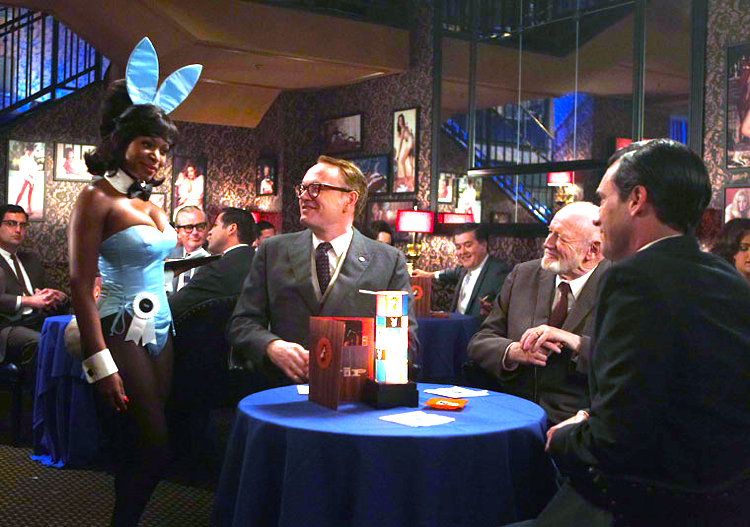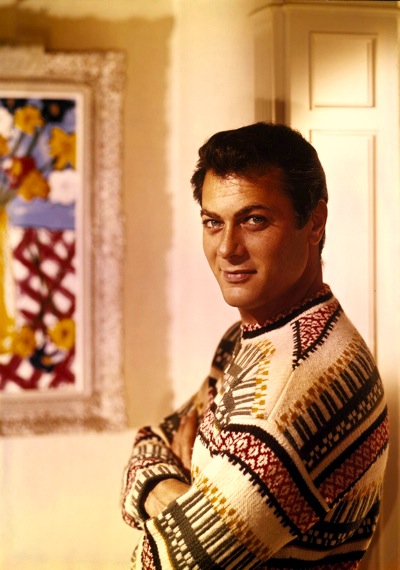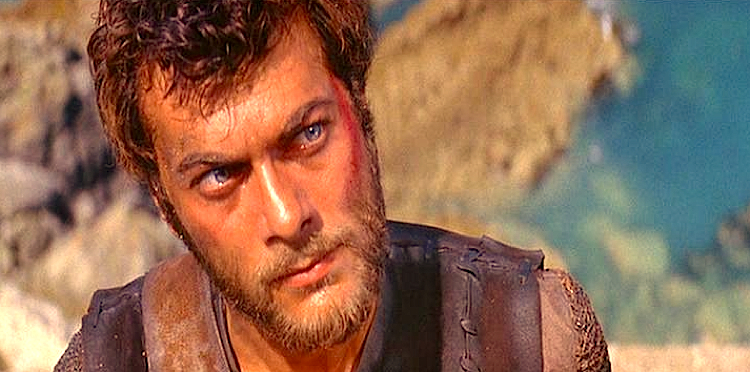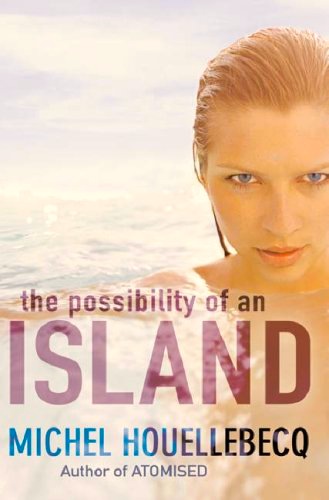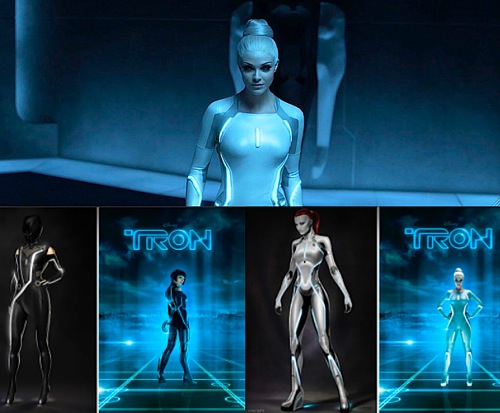By Jennifer Baldwin. Mad Men is not what one would call a “plot heavy” show. It’s more like a series of character studies — an exercise in atmosphere and style — and less a wham-bang, action-packed thrill ride. But every few episodes a season, Mad Men lets loose and the stuff really hits the fan. Secrets are revealed! Violence breaks out! Babies are born! Geopolitical events cause everyone to freak out!
Episode 10, “Hand and Knees,” is one of those “plot heavy” episodes. And yet, while everything seemed to go down in this one, nothing really came of it in the end (or at least, nothing yet…).
Lane got whacked with a cane by his stern father, so he’s going back to England. But the ramifications of this are still unclear. Joan, presumably, had Roger’s baby aborted (though there was debate at my viewing party over whether she went through with the procedure or not). But on the surface, Joan seems to have gone back to status quo.
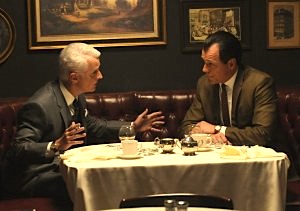
In probably the biggest plot development of the episode, Lee Garner Jr. told Roger that Lucky Strike is moving to a new agency, but again the effects of this shake-up are yet to be felt, since Roger hides the news from the other SCDP partners.
Even Don’s storyline, in the end, amounted to nothing (for now).
Everyone was on their hands and knees — some literally, like Don vomiting in his bathroom or Lane after the cane-thwacking, while others only figuratively, like Roger, pleading with Lee to give SCDP one last chance with Lucky Strike — but everywhere, these characters were falling down, weakened, reduced to the level of servants and criminals. And yet, all of these “hands and knees” moments happened in private — in those secret, almost clandestine moments between intimates that no outsider is privileged to see. I think this calls back to the theme in Episode 7 — that issue of intimacy, of and what it means to know another person — only this time we’re seeing the truly dark side of things, those relationships and aspects of the characters that are too horrible to let escape beyond the confines of an apartment living room or a private booth in a restaurant.
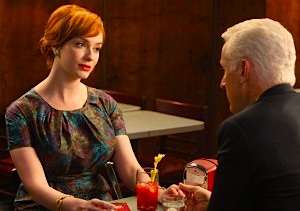
Lane’s cruel humiliation at the hands of his father; Don’s complete breakdown at the thought of being arrested by the feds; Roger’s final failure as a business man with Lee Jr.; Joan’s face-saving lie in the abortion doctor’s office — all of these moments of humiliation are kept secret by the characters involved, none of them willing to let others know the depths of their shame and failure. In fact, when Lane reveals the secret of his relationship with Toni to his father, he’s “rewarded” with violence. By the end, in that last scene with the partners, Lane has learned to hold his tongue and keep his private vulnerabilities to himself.
Even Don is still burdened by secrets, still wearing the mask. He tells Faye the truth about his identity — she’s been granted special intimacy — but Don’s not ready to reveal himself to the world. He was on his hands and knees for most of the episode, but he’s not ready to stay there.
The theme of the episode couldn’t have been more obvious thanks to the music selection over the closing credits: an instrumental version of Lennon and McCartney’s “Do You Want to Know a Secret.” Everyone’s got secrets; everyone’s hoping they won’t get found out. But the meaning doesn’t stop there. A closer look at the lyrics reveals a more sinister tone:
Listen. Do you want to know a secret?
I promise not to tell.
There’s a slyness to this lyric, an implication that secrets will be told, it’s only a matter of time. The promise not to tell is empty. Who will be betrayed?
Closer. Let me whisper in your ear.
Say the words you long to hear.

This suggests that the words the characters long to hear are not the words they need to hear. Don hears Faye say everything will be alright, he gets reassurances from Pete that everything’s been taken care of at the Department of Defense, but are these just empty words? Can the secret go away this easily?
The episode ends with a whimper and not a bang; most secrets stay hidden. But I have a feeling these secrets won’t last more than a week or two. Nobody knows much for now, but I get the feeling things are about to explode, much like the crowds at Shea Stadium when the Beatles took the stage. After all, there are only three episodes left.
Posted on September 30th, 2010 at 6:10pm.
